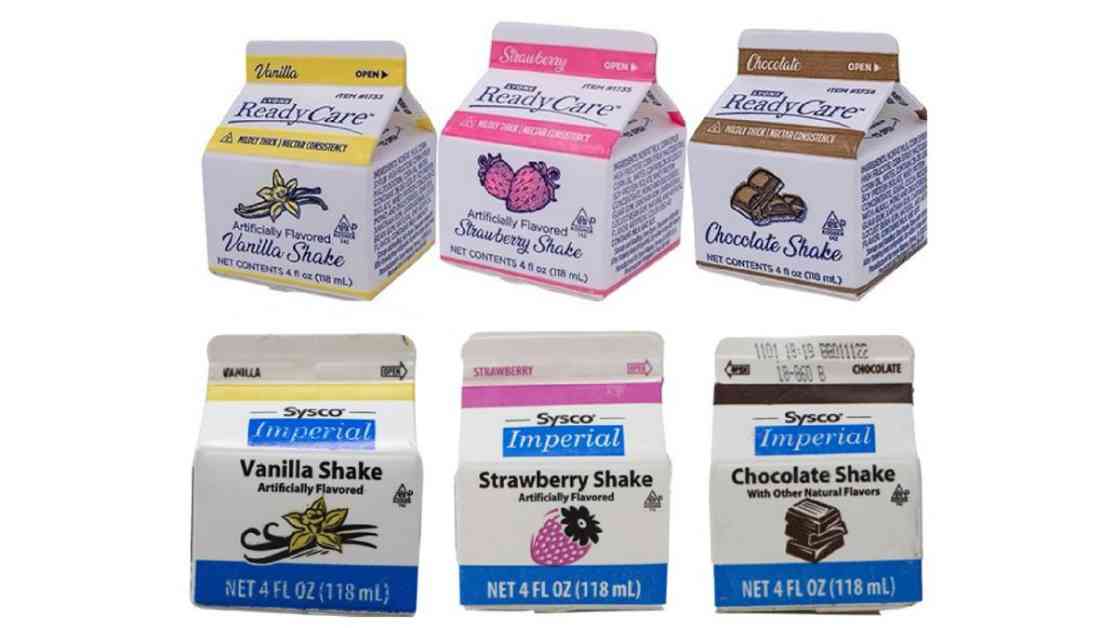A deadly Listeria outbreak has swept through 21 U.S. states, claiming the lives of 12 individuals and infecting a total of 38 people since its inception in 2018. The Food and Drug Administration (FDA) recently revealed this alarming information, prompting Lyons Magnus, a renowned foodservice company, to issue a voluntary recall of two of its products: the four-ounce Lyons ReadyCare and Sysco Imperial Frozen Supplemental Shakes. These frozen shakes, distributed primarily to long-term care facilities like nursing homes, were not available for retail sale, intensifying concerns about the outbreak’s reach and impact.
Listeria monocytogenes, the culprit behind the infections, poses a grave threat to older adults over 65, individuals with compromised immune systems, newborns, and pregnant women. The current outbreak has affected a wide age range, from 43 to 101 years old, highlighting the indiscriminate nature of this deadly bacteria. Symptoms of Listeria infection can range from gastrointestinal distress like diarrhea and vomiting to more severe “invasive” diseases, characterized by fever, flu-like symptoms, neurological issues, and even seizures. Listeriosis, the disease caused by Listeria, ranks as the third-leading cause of foodborne illness-related deaths in the U.S., claiming approximately 260 lives annually.
The Origins of the Outbreak
The implicated frozen shakes, produced by Lyons Magnus but manufactured and supplied by Prairie Farms Dairy, were flagged for potential L. monocytogenes contamination at the Prairie Farms facility in Fort Wayne, Indiana. This discovery prompted Lyons Magnus to initiate the recall, with federal health officials linking 38 infections to the outbreak as of February 24. Shockingly, 37 cases required hospitalization, underscoring the severity of this public health crisis. Tragically, the outbreak has led to 12 fatalities across multiple states, serving as a grim reminder of the dangers posed by foodborne pathogens.
“The true number of sick people in this outbreak is likely higher than the number reported, and the outbreak may not be limited to the states with known illnesses,” the Centers for Disease Control and Prevention (CDC) cautioned. The delayed onset of Listeria symptoms, which can take up to two weeks to manifest, complicates efforts to track and contain the outbreak effectively. The earliest cases linked to the outbreak date back to August 2018, with the most recent reported in January 2025, underscoring the prolonged and elusive nature of this public health crisis.
Safety Measures and Recommendations
Facilities that have procured the recalled frozen shakes are advised to refrain from serving them and instead focus on thorough cleaning and sanitization to prevent cross-contamination risks. Listeria can endure refrigerated temperatures and easily contaminate other foods and surfaces, amplifying the urgency of stringent hygiene protocols. Consumers in possession of the affected products should quarantine them immediately, following the FDA’s safe handling guidelines to mitigate potential health risks.
Lyons Magnus, in a gesture of transparency and consumer protection, has provided detailed information on the recall process, including the lot numbers of the affected products available on the FDA website. Notably, this isn’t the first time the company has grappled with contamination concerns, as previous recalls in 2022 involved other well-known brands like Organic Valley and Oatly due to potential microbial contamination. Despite these challenges, Lyons Magnus remains committed to safeguarding consumer health and upholding industry standards.
In conclusion, the Listeria outbreak underscores the critical importance of food safety protocols and stringent quality control measures in the food industry. By remaining vigilant, proactive, and transparent, food manufacturers can mitigate the risks associated with foodborne pathogens and protect public health. As the investigation into this outbreak continues, it serves as a stark reminder of the far-reaching consequences of lapses in food safety and the collective responsibility to prioritize consumer well-being above all else.










